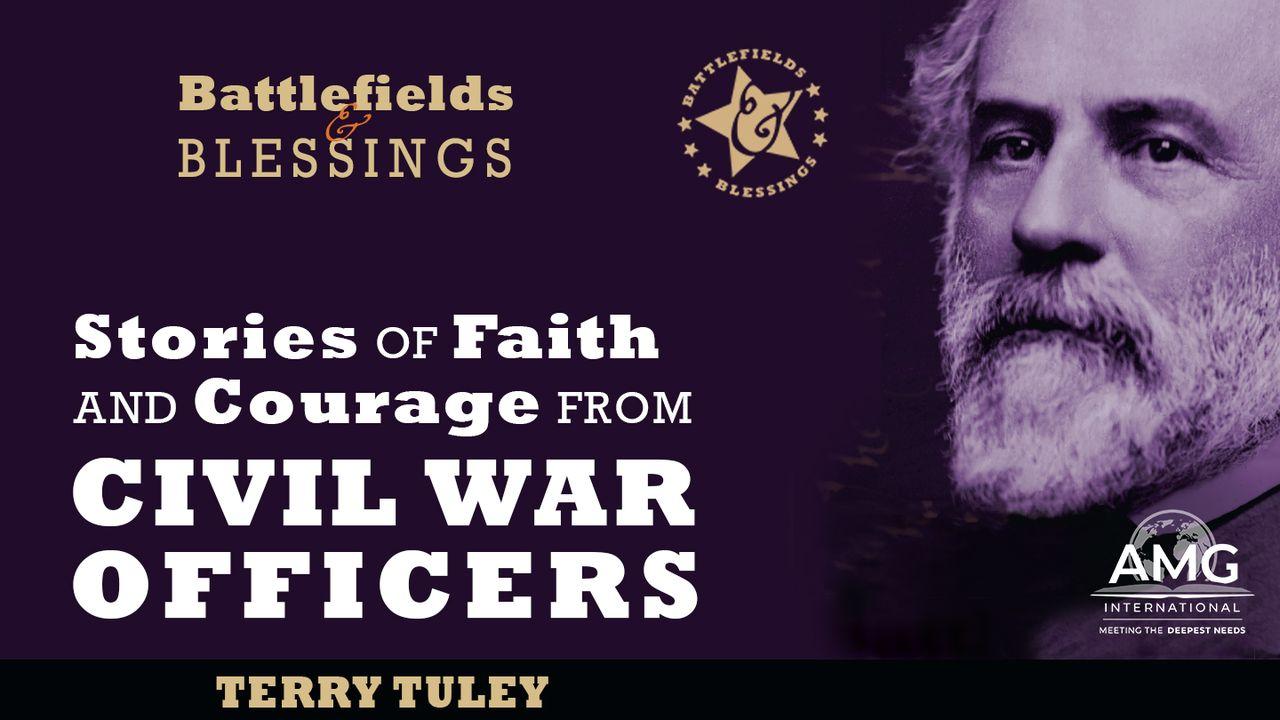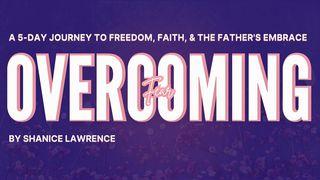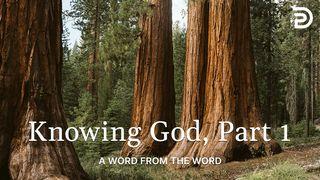Stories of Faith and Courage From Civil War OfficersSample

An Awesome Responsibility
MCCLELLAN FELT AS though God had given him the daunting task of saving his nation. He did not take it lightly as the following words demonstrate from his diary:
I had to work until nearly three in the morning . . . I am getting my ideas pretty well arranged in regard to the strength of my army; it will be a very large one. I have been employed in trying to get the right kind of general officers . . . Having been working this morning allowing me to appoint as many aides as I please from civil life and from the army . . . I went to the senate to get it through and was quite overwhelmed by the congratulations I received and the respect by which I was treated. I suppose half a dozen of the oldest made the remark I am becoming so much used to: “Why how young you look and yet you’re an old soldier!” It seems to strike everybody I am very young. All tell me that I am responsible for the fate of the nation and that all its resources are placed at my disposal. It is an immense task that I have on my hands, and I believe I can accomplish it. . . . I began to feel how great the task committed to me. Oh! How sincerely I pray to God that I may be endowed with the wisdom and courage necessary to accomplish the work.
General McClellan knew he would not be able to lead and accomplish the immense task laid upon him if it were not for his dependence on God’s wisdom. The praise and acclamations he received could be a hindrance to him if he allowed himself to think that he could accomplish the task of leading the Union armies in his own wisdom and strength.
The Bible clearly warns us Christians about thinking too highly of ourselves. “For by the grace given me I say to every one of you: Do not think of yourself more highly than you ought, but rather think of yourself with sober judgment, in accordance with the measure of faith God has given you” (Romans 12:3).
General McClellan had business in Washington DC when serving in the Civil War. While he was there, he visited General Lee’s old plantation that had been confiscated and was now standing vacant. It was also the same grounds that General George Washington occupied and where he was married to his wife. The marriage took place in St. Peter’s Church, which was now a lonely old building standing on a commanding hill. As McClellan stood in the old chapel and read about a death that happened in 1690, he contemplated his own need for God and he said:
Finding oneself alone within that historic building, it was a natural impulse to invoke the aid of God to enable me to serve the country as unselfishly and truly as did the great man who had often worshiped there.
McClellan’s powerful prayer invoked the aid of God to enable him to serve his country unselfishly. Our Lord also desires that we come to Him humbly and unselfishly.
Dr. Charles Stanley spoke on John 6:22–27 and said,
There is a fine line between selfishly trying to use the Lord to get what we want and humbly coming to Him with our needs and struggles. Some of the issues we bring to Him are so pressing and urgent in our minds that our desire for Him to take action in the way we want becomes greater than our willingness to submit to His will. At times, what we call "faith" is really a demanding spirit. We must remember that our needs will come to an end, but Jesus Christ will remain forever. If our prayers have dealt only with presenting our requests to the Lord, we’ve missed a great opportunity to get to know the One with whom we’ll spend eternity. Let’s invest time in pursuing intimacy with Christ. Then we can enjoy the benefits of that relationship forever. How much of your communion with God is devoted to your needs—even legitimate ones? Are you spending any time getting to know the Lord? Although God delights in our prayers and tells us to pray about everything, He also wants us to come to Him just because we enjoy being with Him.
Scripture
About this Plan

Inspiration and patriotic thoughts through stories that capture the courage and spirit of wars throughout American history. The themes presented in these books transcend generations, making the books relevant to modern day readers who struggle with topics such as loneliness, contentment, purpose, fear, safety, God's will, jealousy, rivalry, cooperation, and disappointment.
More
Related plans

Parenting Through God’s Lens: Seeing Your Child the Way God Does

Rest for the Soul: 8 Days With Jesus

An Encounter With Jesus

Ruth: A Redeemer Who Fills All Emptiness | Video Devotional

Overcoming Fear: A 5-Day Journey to Freedom, Faith, and the Father’s Embrace

Grace for Your Pace - How to Burn on Instead of Burn Out

From Need to Maturity

A Word From the Word - Knowing God, Part 1

The Generosity Practice
